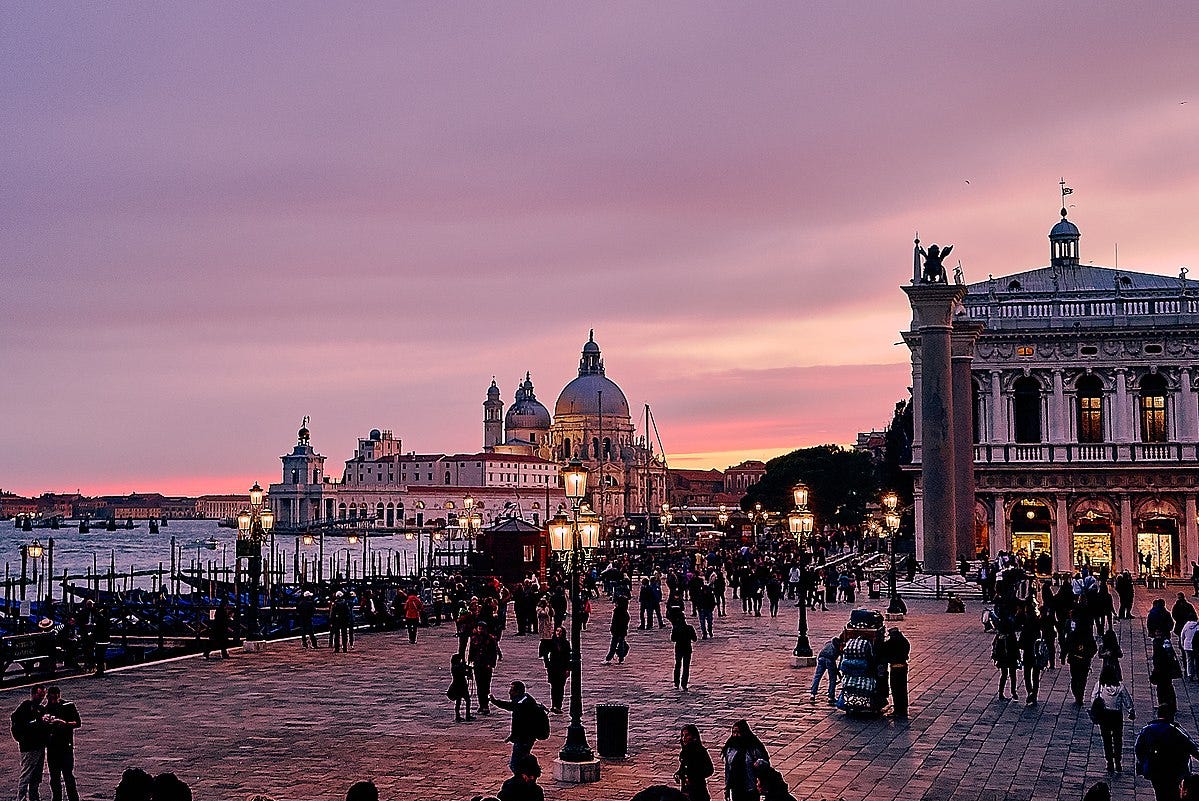Dear Reader,
We are watching a modern-day fable play out in real time.
Setting aside his possible motives for destroying Twitter—hubris, sociopathy, orders from a hostile foreign government, a quixotic desire to turn the bird app into PayPal Part Deux, to humor his ex-wife, to own the libs, LOLZ—Elon Musk, supposedly the world’s richest man, has blown through something like $100 billion since Halloween. He paid $44 billion (some of that borrowed) to take the company private—way more than it was worth—and then watched his Tesla stock, the backbone of his fortune, tank—mostly because Wall Street realized that whether it’s cars or mainframes, that smug little apartheid brat knows fuck-all about engineering. He’s also going to get fined by various governments and sued to oblivion by his fired employees. So: $100 billion, with a “b.” Not adjusting for inflation, that’s like seven times as much as the stock market lost on Black Tuesday in 1929.
Also setting aside my personal sadness at Twitter’s demise—I’ll save the obituary until the bird is dead—what we have is a tale about an arrogant know-it-all rich asshole who lost his unfathomably vast fortune on a whim. That’s the stuff of the Brothers Grimm. That’s Aesop. That’s Old Testament-level shit—except that in the Hebrew Bible, the Book of Elon would end with him actually, you know, learning something from his devastating loss. Alas, Genghis Con1 is incapable of such introspection.
Last week, I quoted a snippet of “Money,” a poem by the great Philip Larkin. His work teems with dark humor, palpable self-loathing, and withering social critique. The Fall of Elon brings to mind that poem, particularly the last of its four stanzas. It begins:
Quarterly, is it, money reproaches me:
‘Why do you let me lie here wastefully?
I am all you never had of goods and sex.
You could get them still by writing a few cheques.’
In the next two stanzas—which I can’t run for copyright reasons but you can read here—Larkin gives his own tragi-comic take on how money can’t buy happiness. So we have 12 lines of light, amusing fare. You think, “Oh, this is like an Ogden Nash kind of deal.” And then, in the last stanza, he drops the anvil:
I listen to money singing. It’s like looking down
From long french windows at a provincial town,
The slums, the canal, the churches ornate and mad
In the evening sun. It is intensely sad.
It’s weird, right? In the simplest rhyme scheme imaginable—down/town, mad/sad—lurks great complexity. I’ve read those lines over and over again, trying to glean their meaning. First, this idea of money singing. Not all singing is musical, of course, or good. Then, Larkin takes something aural and compares it with something visual—again, kind of weird. And he relates the song of money to a provincial town, not Paris or Rome but a moribund metropolis, fading, past its prime: Venice comes to mind, or perhaps Rouen, Charlemagne’s seat of power.
Who might looking down from those long French windows? One who has some distance from the place itself. A tourist, perhaps, or the rich inhabitant, perhaps a prince or a duke. But a person with access. And what does this observer see? Slums, a canal, ornate churches (plural), and the setting sun—all set off from the vantage point of the privileged viewer. So: poverty, brackish water, religious madness, and (permanent) sunset. These are the things that remain, Larkin suggests, when great wealth comes and goes. And great wealth inevitably comes and goes.
Wherefore the intense sadness? Is it the immense waste of vast resources? Is it the dying of the light? Is it the loss of prestige and power? Is it the simple fact that we all should have known better? Bonus question: Is the United States of 2022, with its myriad mad churches and grotesque income inequality, like that provincial town? Twitter certainly is—or will be, when Elon’s done with it.
The music of money is neither mazurka nor bubblegum nor disco nor funk. The music of money is dirge.
ICYMI
Our guests on The Five 8 this week were political strategist and The Takedown host Cliff Schecter and financial researcher Says Dana. If you’d like my thoughts on the Jack Smith appointment, I cover that in the first eight-minute rant:
Friday was somehow our 27th episode, which means LB and I have been doing the show for over half a year! If you’re inclined to support The Five 8, we’ve added membership tiers, beginning at $1.99 a month. Thanks for watching and subscribing.
Mastodon
I have teamed with LB and our tech-minded friends Bret Pettichord and Aaron “Clearing Fog” Harris to launch our own Mastodon instance. It’s called SNORKLR. If you’re searching for a server, please join us!
Guest Appearances
This week, I was a guest on my friend Cheri Jacobus’s podcast. I’m grateful to her for a lively, engaging discussion:



And the brilliant Irish Granny Tarot had me on her YouTube show to discuss my new novel, Empress: The Secret History of Anna K (which, by the way, makes a charming holiday gift!). It was lovely to spend an hour talking about long-dead Byzantines rather than Musk, Trump, and other monosyllabic madmen (even if I look really, really bad in the thumbnail):
Programming Notes
There will be a new piece on Tuesday, but no column or podcast on Friday, because, incredibly, it’s Thanksgiving already. This year, I am especially grateful for you, Dear Reader—especially after all the lovely birthday wishes last week.
Enjoy your Turkey Day!
Photo credit: Pedro Szekely. Sunset in Venice.
I call him this because, like Genghis Khan, he is very invested in having as many babies as possible, reportedly because of eugenics-related reasons. And he’s a world-class con man.





This is brilliant Greg. I love your use of poetry in your writing. It has become a Sunday-morning-read-out-loud tradition with my partner over coffee. Cheers!
Musk and and Trump in the long run are destructive mad men.
Todays Caligulas
However
Likely they they will never be "poor"
nor sorry for their many victims.